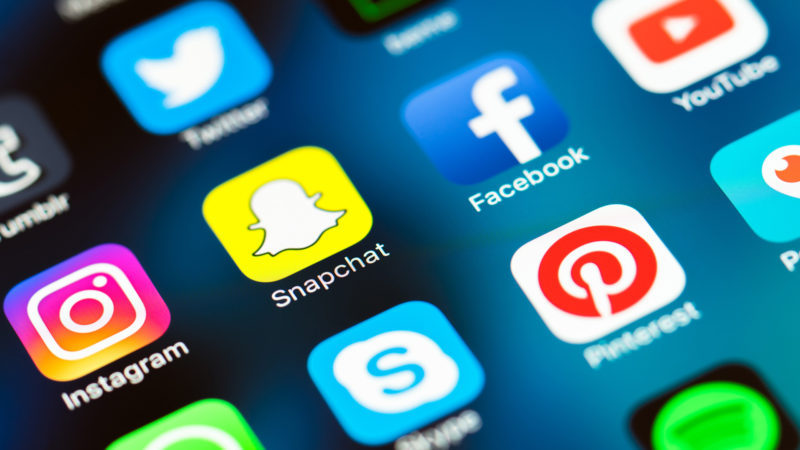Bharat Jhunjhunwala
The sovereignty of the people requires that every activity in the country be responsible to its people. We cannot forget that the East India Company had entered the country in the name of providing economic benefits from trade and in mere two centuries the share of India in the world income fell from 23 percent to mere 2 percent. The intrusion of Google, Facebook, Twitter and Whatsapp is deeper because a foreign-based company can manipulate the minds, not merely businesses, of our people to promote their commercial interests. For example, these companies are actively spreading the misinformation that India will be deprived of foreign investment if India imposes controls on them. They deliberately hide the fact that China continues to receive huge foreign investment despite having stricter controls than India.
As of now, these companies take controversial decisions. For example, Twitter had blocked the account of President Trump during the recent elections. Similarly, they had blocked certain stories put forth by the BJP saying they were forged. The question is not whether these blockages were right or not. The question is whether Twitter took these decisions to promote its commercial interests or to protect the truth? Can the decision of “true” and “false” be left to the compulsions of commercial pursuits? Thus, the rules made by the Government of India for the regulation of social media companies are in the right direction. They are required to nominate a complaint officer, a governance officer and a nodal officer for being answerable to the government.
The last is similar to the newspapers in the country being required to nominate a person who would be responsible for the news that is posted. In a parallel move, the government has asked Whatsapp to put in place a system to track the origin of a post. Whatsapp has not complied so far. Its argument is that the messages are encrypted and it does not want to violate the privacy of the members by breaking the encryption. However, it is like the courier company that carries the packet not knowing the contents; but it can still trace the origin of the packet. Prof V Kamakoti of IIT Madras says that such tracking is possible without Twitter having to break the encryption. The rules formulated by the Government of India are grossly inadequate because they, at best, establish a complaint redressal mechanism which is much short of a pro-active accountability of social media to the people. The rules are like establishment of a police station. They are not like the elections wherein the government itself is made accountable. Yet, these are small steps in the right direction.
However, there is another danger lurking in the dark if the control of social media is wholly handed over to the government. For example, China has blocked all news relating to the possible origins of the Covid virus in a government laboratory in Wuhan. Or, would the Government of India be justified in placing restrictions on Baba Ramdev for him questioning the efficacy of allopathic medicines in the management of Covid? Lukashenko in Belarus and Min Aung Hlaing in Myanmar would like to muzzle the social media to oppress their own people. Therefore, social media has a huge positive role in providing information to the people outside the eyes of the governments.
We face two contrary objectives. On the one hand, social media should be accountable to the people of the country; and not peddle its commercial interests under the garb of freedom of speech. On the other hand, social media should be able to bypass and reach the people despite the restrictions imposed by their governments – oppressive or not.
Facebook has constituted an Oversight Board to overcome the accusations of manipulation of content. As of now, the Board has some prominent and respectable persons as its members. They include former editor-in-chief of The Guardian newspaper Alan Rusbridger, Vice Chancellor of the National Law School of India University Sudhir Krishnaswamy, and former Prime Minister of Denmark Helle Thorning-Schmidt. Board began its work in October 2020 and its first four out of the five decisions overturned Facebook’s actions. The establishment of the Oversight Board is welcome but that still is not accountable to the people of India. Therefore, it is necessary to establish accountability of social media to the people of India but not necessarily to the Government of India.
The writer is a former Professor of Economics at IIM Bangalore. Views are personal.
